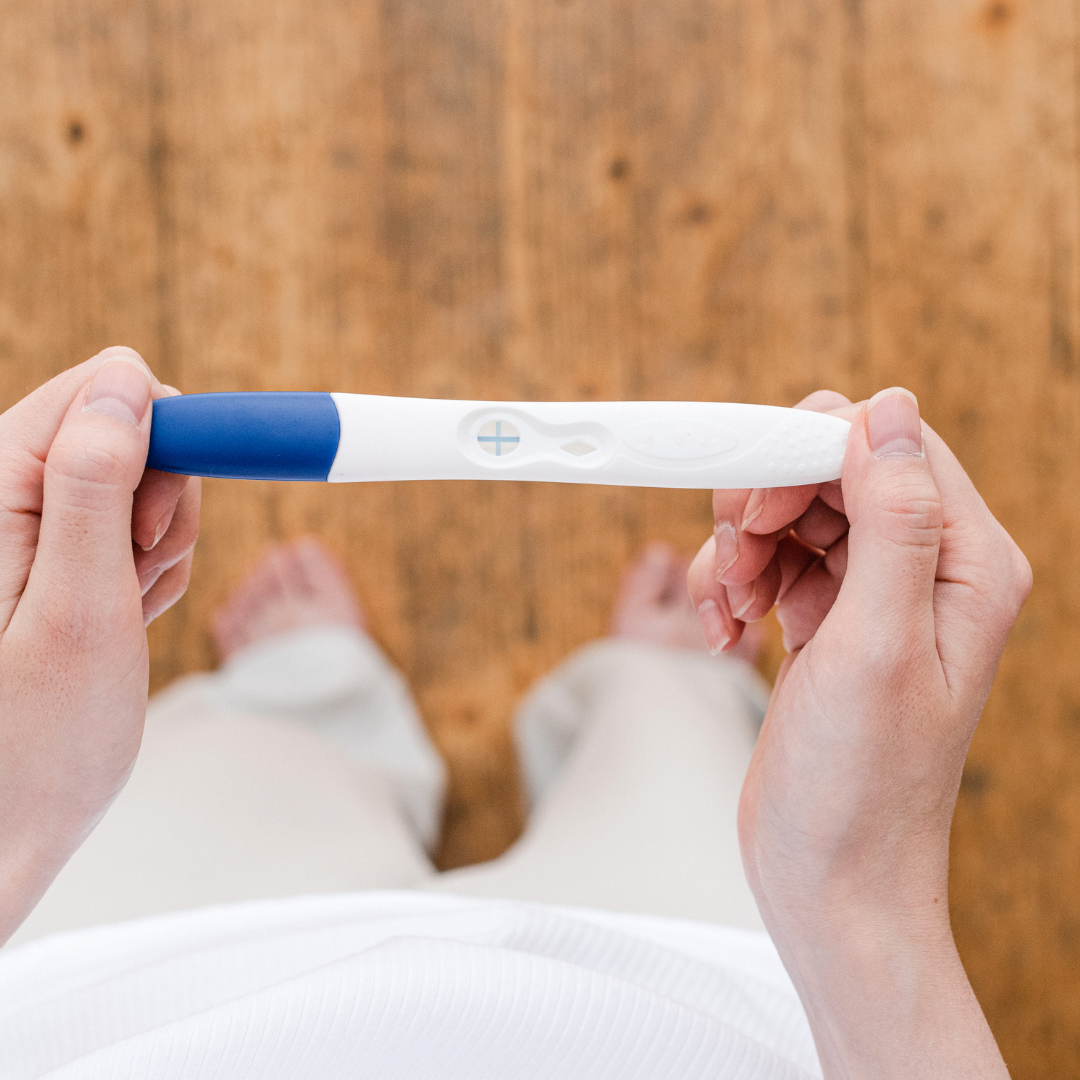
How to Improve Fertility
Share
How to Improve Your Chances of Falling Pregnant
Starting or expanding your family can be an exciting journey, though sometimes it can also feel overwhelming. The good news is that there are many steps you can take to support your body and improve your chances of falling pregnant. By focusing on your overall health and wellbeing, you’ll be giving yourself the best possible foundation for conception.
1. Maintain a Balanced Diet
A nutritious diet filled with fruits, vegetables, whole grains, and lean proteins lays the groundwork for a healthy body and may boost fertility. Aim to include:
- Folic Acid-Rich Foods: Spinach, broccoli, and beans are excellent sources.
- Healthy Fats: Think avocados, olive oil, and small portions of oily fish (like salmon).
- Complex Carbohydrates: Wholegrain bread and oats help maintain steady energy levels.
Getting a variety of vitamins and minerals is essential. If you’re unsure where to start, consult a dietitian or nutritionist who can provide tailored guidance.
2. Achieve a Healthy Weight
Being either underweight or overweight can impact hormone levels, making it more difficult to conceive. Speak with your GP if you have concerns about your weight. They can suggest practical strategies—whether it’s gaining a few pounds or shedding some—to support regular ovulation and menstrual cycles.
3. Prioritise Regular Exercise
Staying active is beneficial for overall health and can help you maintain a balanced weight. Low-impact options like yoga, swimming, and brisk walking are especially helpful. If you already have a fitness routine you love, keep it up, but remember that excessive, high-intensity training can sometimes affect fertility. Finding the right balance is key.
4. Monitor Your Menstrual Cycle
Understanding your cycle can significantly increase your chances of conceiving. Keep track of symptoms and important dates:
- Cycle Length: Count from the first day of your period to the day before your next one.
- Ovulation Window: You’re most fertile around 12–16 days before your next period.
There are numerous apps and simple calendar methods that can help pinpoint your most fertile days, making it easier to plan when to try.
5. Manage Stress Levels
Chronic stress can throw your hormones off balance. Incorporating relaxation techniques into your daily routine—whether that’s a soothing bath, some gentle stretching, or mindfulness exercises—can make a big difference. Don’t be afraid to seek professional help if you’re feeling overwhelmed. Counsellors and therapists can offer coping strategies that make the journey towards parenthood less daunting.
6. Limit Alcohol and Avoid Smoking
Both alcohol and smoking have been linked to reduced fertility. Cutting down on drinking and, ideally, quitting smoking altogether can improve your overall reproductive health. If you’re struggling to stop smoking, speak to your GP about available support services such as cessation programmes and nicotine replacement therapies.
7. Consider Prenatal Supplements
Prenatal vitamins containing folic acid are widely recommended for anyone trying to conceive, as they can help reduce the risk of neural tube defects in a developing baby. Vitamin D is also important, especially if you spend most of your time indoors or live in a place with limited sunlight. Check with a healthcare professional to ensure you’re taking the right supplements for your circumstances.
8. Seek Professional Guidance
If you’ve been trying to fall pregnant for a while without success, consider speaking with your GP or a fertility specialist. They can assess any underlying medical issues and offer personalised advice. Remember, every individual is different, and there’s no one-size-fits-all solution.
Final Thoughts
Falling pregnant can be a complex process influenced by many factors, from diet and exercise to stress levels and existing health conditions. However, making small, sustainable changes to your lifestyle can significantly boost your chances. By prioritising a balanced diet, maintaining a healthy weight, and managing stress, you’re creating a supportive environment for conception. Keep an open dialogue with your healthcare providers, stay positive, and trust that each step you take brings you closer to growing your family.
